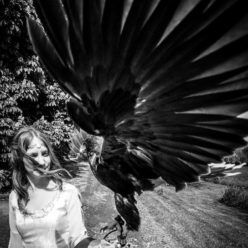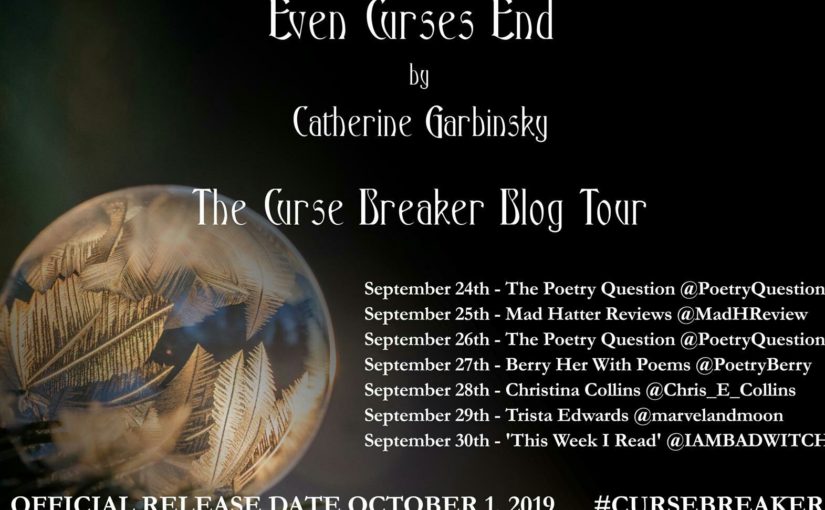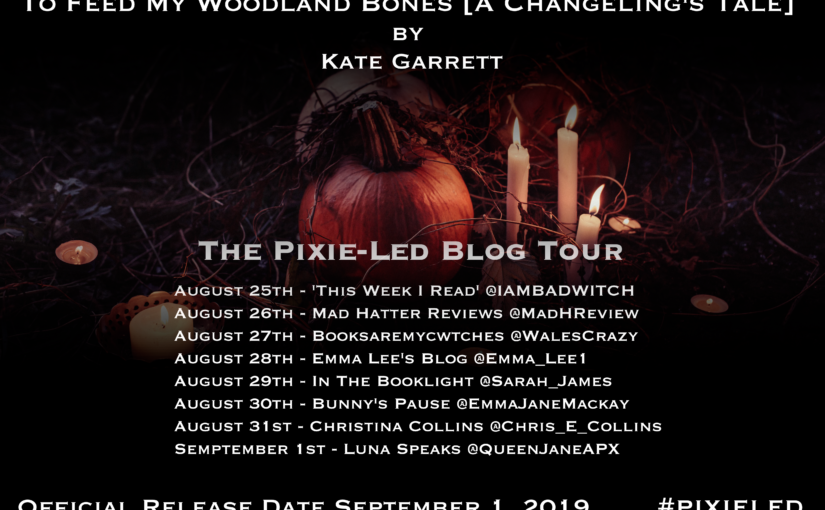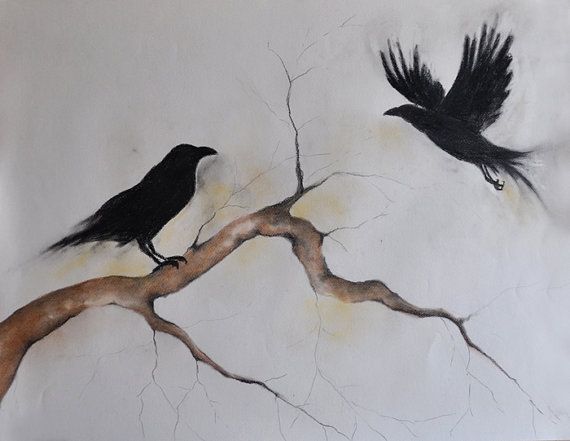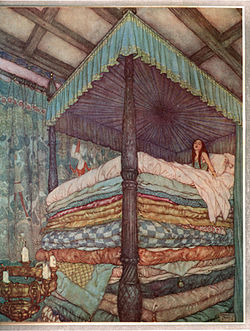‘There’s quite a lot of blood on this one,’
Tessa muttered into the steaming sink.
‘What?’
Myrtle looked over, elbowing her damp hair away from her eyes. ‘Another miscarriage?’ The grey haired woman
looked up from the mangle.
‘Bring
it over.’
Tessa
pulled the sopping sheet out of the tub and twisted it fiercely to ring out the
excess water. Holding it away from herself and leaning back, she carried it
over to the mangle.
The
older woman absently drew her finger in a crest behind her ear, clearing away
strands of hair she’d never realised had thinned. She gripped the folds of the
sheet in both hands, holding flat a portion of the stain. Her green eyes
stared, narrowing as she considered it.
‘No,
the stain is too dark and it’s too near the top of the sheet.’ She pulled
another handful of the linen up into view. ‘And here’s the menses, further
down.’ Her eyes locked Tessa’s as she handed the sheet back and they remained
this way for a moment. Myrtle had also stopped and all three women looked at
each other over the blood smeared sheet with set mouths and jaws flinching.
‘Just
clean it,’ the older woman directed.
Tessa
took it back and scrubbed it viciously in the thickening silence. Turning her
face, but not her eyes, she spat over her shoulder. Her mouth grimaced.
‘It’s
nearly every week now you know.’
Myrtle
also looked up again and slapped her brush against the tub’s side. ‘And it’s
just a mindless–’
‘Clean
it.’
Tessa
scrubbed bitterly and the stain began to diminish. As if all the misery and
ugliness in the world could be cleaned away just like a stain on a sheet. With just
a little effort and pain, as her knuckles hit the side of the tub in the fierceness
of her scrubbing. Myrtle’s face also twisted as she wrung sheets until her
hands hurt. Over it all; the faint creaking of the mangle as the older woman
turned the handle. Rotated it rhythmically to impose order on a wrinkled sheet
and a rumpled world; to smooth out and remove her sorrows and those of that
woman upstairs, shivering alone on her tower bed.
All
three minds wandered through different passageways to that same woman. Tessa
thought of the ceremony, Myrtle of the girl’s arrival, drenched from a violent
storm; the older woman the first miscarriage. All thought of the desire in the
Prince’s cruel eyes and the delicacy of the pale girl.
Ripe
for violence.
Myrtle
cleared her throat. ‘It’s been over a year since she came now.’
‘No,’
Tessa corrected, ‘It was just such bad weather that week. She arrived at the
start of August. It’s only spring now.’
‘Oh
yes,’ Myrtle looked up to search for the memory and nodded. ‘August rain can be
as bad as November; the clouds drop and you wouldn’t know the difference.’ Her
eyes glazed again. ‘She was so straight-backed,
wasn’t she? You could tell she was beautiful even though her hair was plastered
to her face and her cloak soaked with mud nearly to the elbow. And she didn’t
cringe in her wet things as she moved, she was…’ Myrtle searched the high
ceiling to her right again for the word. ‘Proud. In the way she walked I mean.’
Tessa grunted her assent.
‘And
she spoke nice. Quietly, but assured. Kind. They should have worked it out from
that.’
‘But
there has to be the Test,’ the old woman spat.
Oh
of course. There must be the Test. Tension bubbling and steaming on the borders
for months, allies desperately yet fruitlessly searched for and always the
anxiety for an heir, an heir. Three years hunting for a suitable alliance while
skirmishes broke out and trade lines were blocked, until the kingdom was all
but cut off and the Queen despairing while her son rode out to find soldiers at
the borders and satisfaction for his lust on the peasant girls the other side.
And this bedraggled woman, claiming to be a Princess from another Kingdom who
only asked for a night’s board with her pledge of great royal future recompense
for the kindness, was promising. She was already at a disadvantage; alone, in
flight, in need. She could be compelled. Then alliance, an heir, stability. But
to be sure. So the Queen made assurance double sure and with a painted smile,
led the girl after dinner to her bedchamber heaped with mattresses. Twenty
stacked to the ceiling; the Princess lay there like a fresco painter for the
worst night’s sleep of her life.
‘Just
a little pea under all those mattresses,’ the old woman murmured.
‘Just
a little prick,’ Tessa sneered.
‘Oh
Tess, honestly.’
Tessa
defended her crassness. ‘She looked worse the next morning than the night
before! Haggard. Her eyes were hunted and black. And how she struggled down the
stairs. She’d asked for help the night before. I know it is just a pea, but
they knew what they were doing, how could they hurt someone so defenceless?’
‘Oh
the elite are a cold lot I’d say,’ Myrtle suggested. ‘And it’s a Princess’s
duty to be sensitive, to endure for her Kingdom. I suppose once she’d proven
her worth, she knew they needed her and she owed them, so she had to stay. But
look, when did you see her? I only heard about it from Mary because her Stephen
was serving at breakfast.’
‘Because
I changed the damn bed,’ Tessa retorted. ‘Eliza couldn’t manage it on her own,
there was so much linen. So they sent me up. As I left with me arms full of
bedding, she was still making her way down. Her face was contorted with pain,
she was biting her lip to stop from whimpering. And the Prince was there, with
the Queen, at the bottom of the stairs. Watching intently to see if she had
Passed. He had both hands in his pockets and that little smirk and he watched
her all the way down. Every step. She was obviously in agony and he never said
a word nor moved to help. Nor the
Queen.’
‘Breeding,’
Myrtle sneered. Tessa snorted.
‘Well
you can keep it.’
With
the Test passed the kingdom was saved. The prince took her as his bride and
they had a real princess at last, from a powerful dynasty; a union, an
alliance. They were married three weeks later at the start of September. Every
servant was ordered to wash and turn out to throw the pink and blue flowers.
There was substantial largesse in the celebration. A feast was put on for the
servants too, a fiddler was brought from the next valley, and there was
dancing. Myrtle remembered the fiddler very well.
But
not so well as they all remembered the couple walking out of the palace
courtyard after the ceremony. The Prince in his finery, his black hair curling
just a little above his collar. His overwhelming exotic scent of bergamot
masking the sweat of the warm day as he walked amid the flowered arches through
the double line of his cheering subjects. Hope for the kingdom! His long,
straight nose curled his upper lip as he smiled right and left right over his
bride’s head and the desire was savage in his eyes. It chilled the women as he
passed them. And his bride, squinting in the bright sunlight, looked down, still
obviously suffering; chewing her lip as she controlled her pain in her slow
walk half a pace behind the groom.
Holding her grace, hiding her limp. And spreading upwards from the low
cut of her bodice, staining her pearl white skin; the blue and black blush that
in three weeks, had not faded.
Autumn.
There were subsidies for trade, the economy improved. The women felt it in the price of flour and
fish. More ribbon at market. More pennies to buy it. There were
reinforcements at the border, and a peace of a kind had been sustained through
to winter. Strong and stable. But still
no heir.
That
first infliction, the black flush after the storm-soaked August night, was only
the start. Conceiving the heir was next. Uncharitable gossip ripped through the
servants’ hall about the Princess walking awkwardly, sitting gingerly. Then a
breakthrough, whispers of a pregnancy at the start of Advent. A God given
Christmas gift for the Kingdom! Then at the end of January the washerwomen
found the bright red political disaster smeared all over the bedsheets and a
cloud fell over the palace. The older woman washed that sheet herself, taking
her time reverently, learning every spot and matching it to her memory, never
mixing the splashes from her own eyes with the soap from the tub. Washerwomen;
cleaning to purify the ugliness from the world. Then a storm shook the Kingdom
one night in February. Without was all thunder and the screaming wind, beating
the rain relentlessly against the fortress walls, and within the Prince was beating
the Princess against the walls in his fury. Still no heir, no heir. How could
peace last without one?
Three
servants attended the Princess that night to bathe her skin and press it softly
with witch hazel. But skin is not like the sheets the washerwomen took, and
while blood can be rinsed away, the blue blush cannot. The Prince was subdued
in the days after this and the Princess kept to her chamber. The moon waxed and
then when the washerwomen cleaned the menses off the sheets, blood from a battered
face began appearing regularly.
‘It’s
done,’ Tessa said at last. She threw an end to Myrtle and they began twisting
from both ends to ring out the water.
‘It’s
all we can do,’ the older woman sighed.
‘It’s
like we’re hiding it.’
‘It’s
all we can do.’
‘Can’t
she ask for help?’ Myrtle blurted. ‘Powerful family like hers, I’m sure they’d
not like this happening to one of their line.’
‘I
suppose it’s probably shame,’ the older woman answered.
‘You
had none,’ Tessa reminded.
‘Well,’
the older woman’s eyes darkened. ‘Maybe she has no one to ask. Perhaps it’s
different asking a neighbour as opposed to a far-off Lord who’s married you
off.’
‘Our
little coup de grace was pretty good,
wasn’t it?’ Tessa snickered.
‘Yes…’
the older woman admitted, allowing herself a half smile. ‘After twenty five
years, another day drinking the rent and he never knew what hit him.’
‘Tessa’s
poker did, I recall,’ Myrtle grinned. ‘And off away he went at last! A well-co-ordinated
operation, ladies.’
‘Well,
enough was enough, wasn’t it,’ the older woman leaned back from her waist to
stretch out her shoulders. ‘I make enough from the wash and it’s peaceful
enough indoors now. It’s different for you and your men these days. You can
build something. And your sons will be better. And your daughters will never
have seen that sort of thing.’ She finished her stretch and held out her arms.
‘That’s fine girls, bring it here now. It’s the last one, then we’re done and
tomorrow is Sunday.’
‘You
seeing your fiddler tomorrow Myrtle?’ Tessa asked with a devilish glint.
‘Stop
calling him that, his name’s David.’
‘He’s
good though, isn’t he? At fiddling?’
‘Stop
it. Honestly Tessa, you’ve got no poetry in you. We’ll walk up the crag to the
tarn. He said he’ll bring his violin. You know, when he plays, it’s like being
on the crags with the heather, it’s lovely.’
‘Yep,
soaring up there, penetrating those clouds, all very…’
‘That’s
enough girls, pack it in and go home,’ the older woman interrupted as she
emptied the tubs. The women splashed cold water on their faces to cool
themselves, then dried off their arms and folded the last sheet. Myrtle opened
the door into the bright early May sunshine.
‘How
did your apple wine come out in the end?’ she asked, turning hopefully to the
older woman, who smiled knowingly.
‘Well,
I suppose it needs a test!’ She stretched her arm through Myrtle’s to support
herself and reached for the other girl. ‘You too Tess, come round to mine first
and try it. If it’s any good, I’ll pack you both off with a jug. I’m sure you’d
like some for your little outing tomorrow Myrtle, in case of a picnic, and
Tess, I’m sure you and your husband aren’t averse to a weekend tipple.’
The
women walked home in the sunshine.
